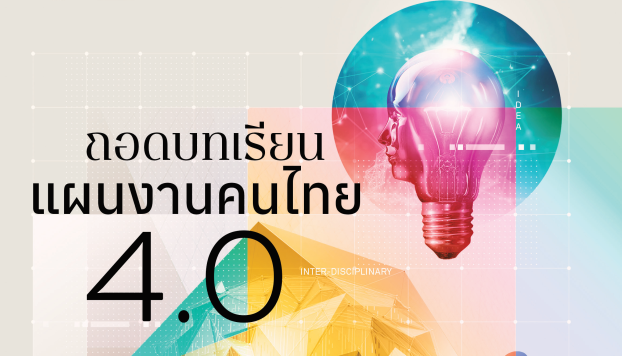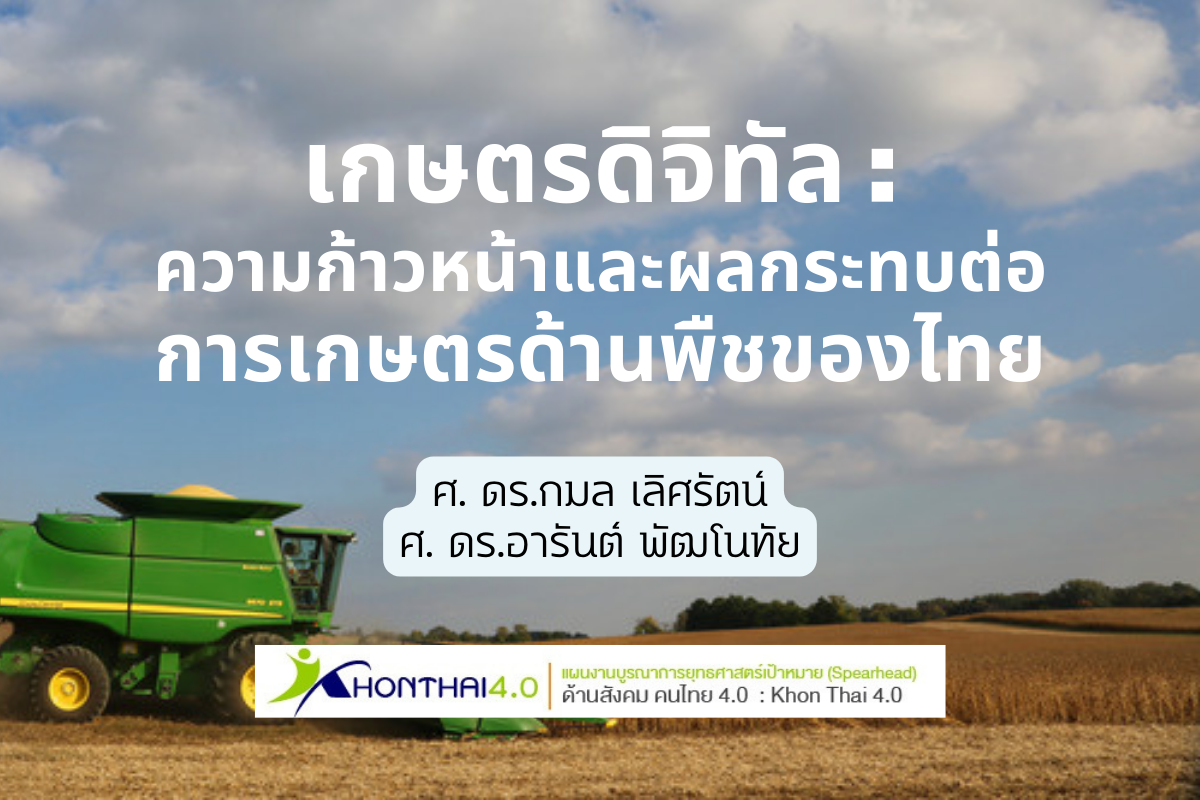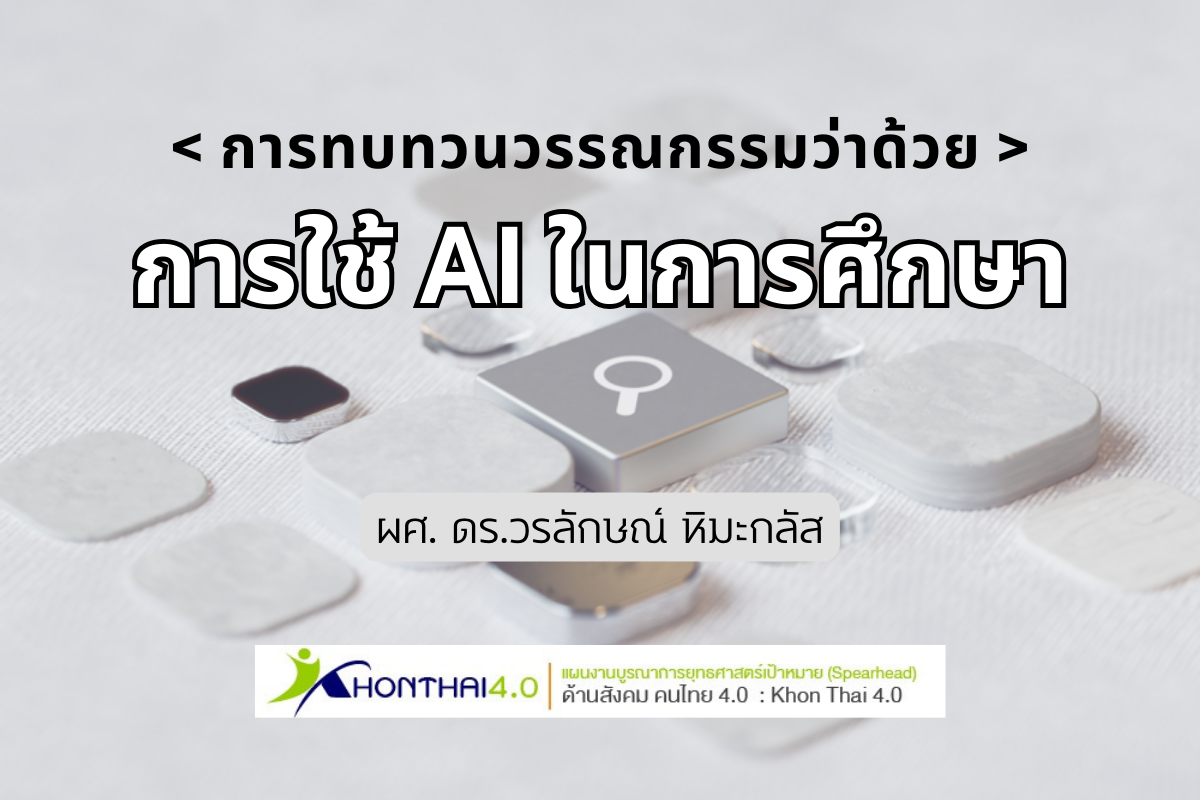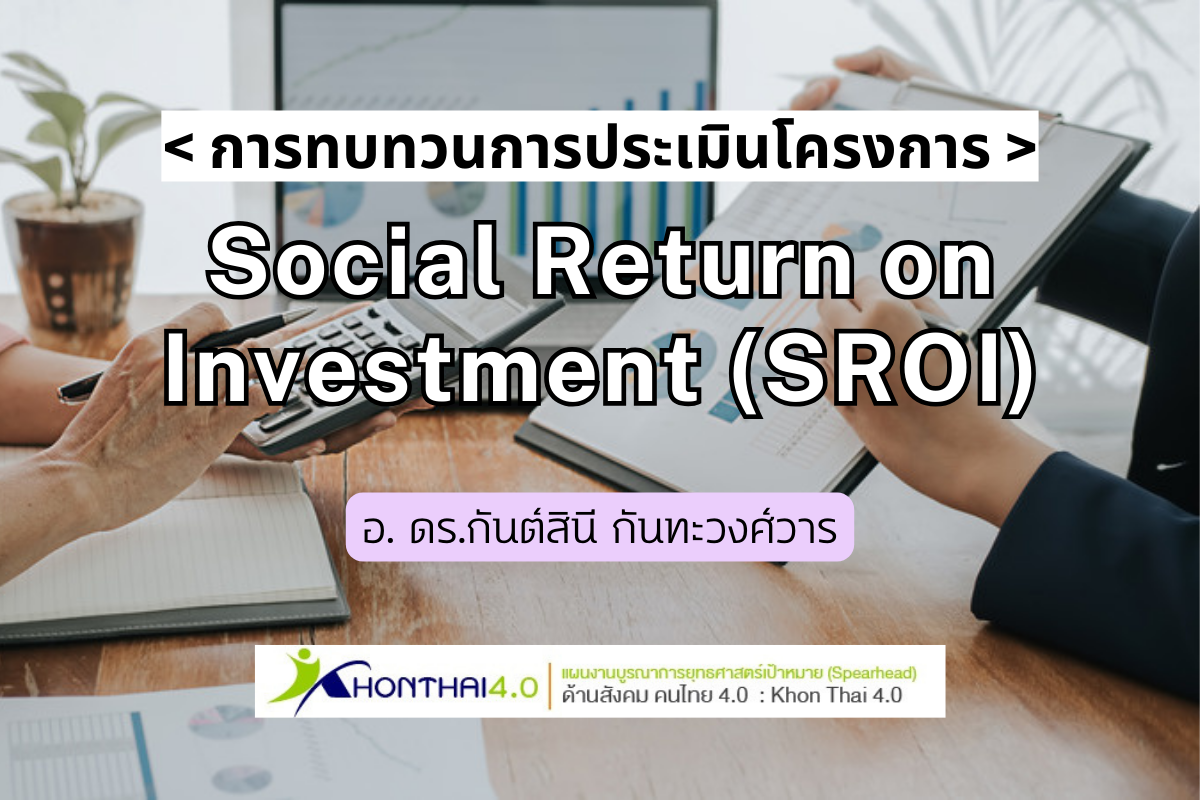
จ-การทบทวนวรรณกรรมเกี่ยวกับกฎหมายกับการท่องเที่ยว-จิรัตน์ เขียวชอุ่ม
งานวิจัยนี้มีวัตถุประสงค์เพื่อเพื่อศึกษาทบทวนกฎหมายเกี่ยวกับนักท่องเที่ยว องค์กรทั้งภาครัฐและเอกชนที่มีหน้าที่ส่งเสริมการท่องเที่ยว กฎหมายด้านการท่องเที่ยวสุขภาพ เพื่อศึกษาปัญหา อุปสรรคหรือคอขวดการท่องเที่ยวเชิงสุขภาพอันเกิดจากข้อกฎหมาย โดยวิธีการศึกษาวิจัยประกอบด้วย การศึกษาเอกสารกฎหมายและงานวิจัยที่เกี่ยวข้อง และการสัมภาษณ์ผู้ประกอบการที่เกี่ยวข้องกับการท่องเที่ยวเชิงสุขภาพด้วยแบบสัมภาษณ์ที่ประกอบด้วยชุดคำถามปลายเปิด
ผลการวิจัยพบว่า กฎหมายไทยเข้ามาเกี่ยวข้องกับนักท่องเที่ยวในทุกขั้นตอนของการเดินทางท่องเที่ยวและในทุกกิจกรรมการท่องเที่ยวของนักท่องเที่ยว ก่อนที่นักท่องเที่ยวจะเดินทางเข้าประเทศไทย เมื่อนักท่องเที่ยวเดินทางมาถึงประเทศไทย ก็อยู่ภายใต้พระราชบัญญัติคนเข้าเมือง พ.ศ. 2522 เมื่อนักท่องเที่ยวเข้าพักในประเทศไทย ก็มี พระราชบัญญัติโรงแรม พ.ศ. 2547 พระราชบัญญัติการผังเมือง พ.ศ. 2562 พระราชบัญญัติควบคุมอาคาร พ.ศ. 2522 พระราชบัญญัติส่งเสริมและรักษาคุณภาพสิ่งแวดล้อมแห่งชาติ พ.ศ.2535 และพระราชบัญญัติการสาธารณสุข พ.ศ. 2535 มากำกับดูแลการประกอบธุรกิจโรงแรม การใช้บริการธุรกิจนำเที่ยวหรือมัคคุเทศก์ พระราชบัญญัติธุรกิจนำเที่ยวและมัคคุเทศก์ พ.ศ. 2551 เป็นกฎหมายเฉพาะที่ควบคุมและกำกับดูแลธุรกิจนำเที่ยวและมัคคุเทศก์ ในแหล่งท่องเที่ยวทางธรรมชาติก็มีพระราชบัญญัติอุทยานแห่งชาติ พ.ศ. 2562 และพระราชบัญญัติป่าสงวนแห่งชาติ พ.ศ. 2507 กำหนดข้อห้ามและเงื่อนไขในการดำเนินกิจกรรมท่องเที่ยว การซื้อสินค้าภายในประเทศ จะได้รับคืนภาษีมูลค่าเพิ่มตามหลักเกณฑ์และเงื่อนไขในประกาศของกรมสรรพากร เมื่อนักท่องเที่ยวเดินทางกลับออกไปนอกประเทศไทย ก็ต้องทำตามพระราชบัญญัติคนเข้าเมือง พ.ศ. 2522
ประเทศไทยมีองค์กรด้านการท่องเที่ยวหลายหน่วยงานทั้งภาครัฐและเอกชน มีคณะกรรมการนโยบายการท่องเที่ยวแห่งชาติการท่องเที่ยวแห่งประเทศไทย สำนักงานส่งเสริมการจัดประชุมและนิทรรศการ (องค์การมหาชน) องค์การบริหารการพัฒนาพื้นที่พิเศษเพื่อการท่องเที่ยวอย่างยั่งยืน (องค์การมหาชน) สมาคมการค้า ตามพระราชบัญญัติสมาคมการค้า พ.ศ. 2509 หอการค้าตามพระราชบัญญัติหอการค้า พ.ศ. 2509 และสภาอุตสาหกรรมท่องเที่ยวแห่งประเทศไทย ตามพระราชบัญญัติสภาอุตสาหกรรมท่องเที่ยวแห่งประเทศไทย พ.ศ. 2544 การท่องเที่ยวเชิงสุขภาพมีกฎหมายที่สำคัญ คือ พระราชบัญญัติสถานพยาบาล พ.ศ. 2541 ที่กำกับดูแลคลินิคและโรงพยาบาลเอกชนต่าง ๆ และพระราชบัญญัติสถานประกอบการเพื่อสุขภาพ พ.ศ. 2559ที่กำกับดูแลกิจการสปา กิจการนวดเพื่อสุขภาพหรือเพื่อเสริมความงามและกิจการการดูแลผู้สูงอายุหรือผู้มีภาวะพึ่งพิง
ในปัจจุบันยังไม่มีงานวิจัยที่เกี่ยวข้องกับกฎหมายเกี่ยวกับการท่องเที่ยวเชิงสุขภาพ จากการสัมภาษณ์ผู้ประกอบการที่เกี่ยวข้องกับการท่องเที่ยวเชิงสุขภาพพบว่า ควรจะมีการรวมใบอนุญาตเกี่ยวกับกิจการสปาให้มีเพียงใบอนุญาตเดียว พระราชบัญญัติสถานประกอบการเพื่อสุขภาพ พ.ศ. 2559 กับ พระราชบัญญัติการสาธารณสุข พ.ศ. 2535 มีความซ้ำซ้อนกัน กิจการสถานที่ออกกำลังกาย และการให้บริการเพื่อสุขภาพที่บ้านของผู้รับบริการก็ไม่อยู่ภายใต้พระราชบัญญัติสถานประกอบการเพื่อสุขภาพ พ.ศ. 2559 จึงควรมีการศึกษาวิจัยกฎหมายเกี่ยวกับการท่องเที่ยวเชิงสุขภาพโดยการศึกษาเปรียบเทียบกับกฎหมายของต่างประเทศ
This research aims to review the laws on tourism: laws of public and private organizations that are responsible for promoting tourism and health tourism laws. It also aims to study the problems, barriers, or bottlenecks in health tourism, arising from the law.
The research method consists of the study of legal documents and related research reports as well as interviews with entrepreneurs related to health tourism. The interview contains a set of open-ended questions.
The research results found that Thai laws affect tourists at every stage of their travel and activities. Traveling and arriving in Thailand falls under the Immigration Act of 1979. When tourists stay in Thailand, they are under the control of the Hotel Act of 2004, the Town Planning Act of 2019, the Building Control Act of 1979, the Promotion and Conservation of Environmental Quality Act. National Act of 1992 and the Public Health Act of 1992 which regulates the hotel business. The use of tourism services or tour guides is governed by Tourism Business and Guide Act of 2008. In natural attractions, there is also the National Park Act of 2019 and the National Reserved Forest Act of 1964 which stipulate the prohibition and conditions for conducting tourism activities.
Domestic purchases will receive a VAT refund according to the criteria and conditions announced by the Revenue Department. When tourists return to their countries, they must follow the Immigration Act of 1979.
In Thailand, there are many tourism organizations, both public and private, such as The National Tourism Policy Board, The Tourism Authority of Thailand, The Thailand Convention and Exhibition Bureau (Public Organization), Designated Areas for Sustainable Tourism Administration (Public Organization), Trade Associations under the Trade Association Act of 1966, Chambers of Commerce under the Chamber of Commerce Act of 1966, and The Tourism Council of Thailand according to the Tourism Council of Thailand Act of 2001. There are also important acts in health tourism; namely the Sanatorium Act of 1998 governing private clinics and hospitals and the Health Business Establishment Act of 2016 governing spa business, massage business for health or beauty, and business caring for the elderly or dependents.
There is currently no research on laws on health tourism. From an interview with entrepreneurs related to health tourism, it was found that there should be only one license associated with the spa business. The Health Establishment Act of 2016 and the Public Health Act of 1992 are redundant. Fitness Business and health service in recipients’ home are not regulated by the Health Establishment Act of 2016. Therefore, there should be research focused on health tourism law comparing, Thai law with foreign law.



